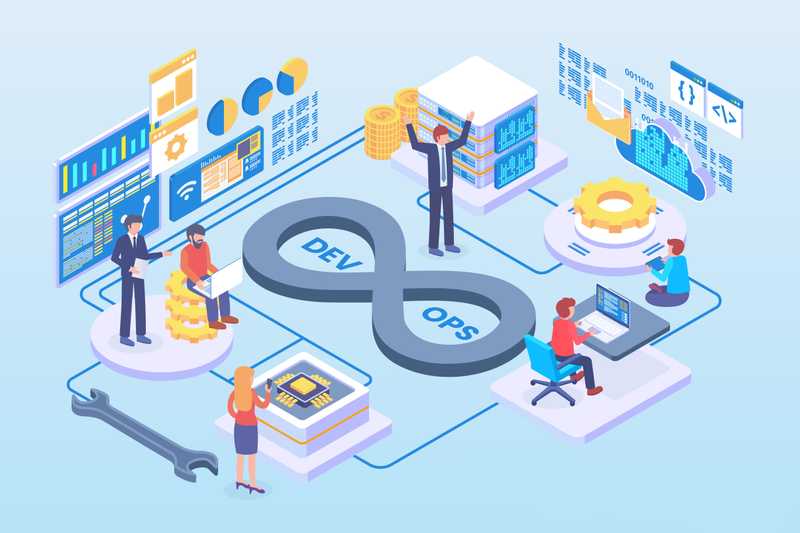Why choosing the right Web Development Platform is Important?
Building a website is not easy as it sounds, but it doesn’t have to be if you’ve done your homework right. We have all fancied a good website in our lives but there’s a difference between revamping a website design or building your own one. This is one of the biggest mistakes a business does.
They just want the same website that their competitors have. Just because one UI works for someone doesn’t mean that it will work for you too. And most importantly, how can it offer a sense of uniqueness if you’re both standing in the same queue?
Choosing the right web development platform for your website is as important as building a website for your business. You need to consider the key factors like the website functionality, theme, costs, and a lot more other terms.
If you’re among those that are uncertain about which platform to pick, below we’ve shared some key points that will help you out.
- Determine the type of website
This may sound like a given, but there’s no universal method that explains the types of a website. To best determine this, narrow down your preferences and key selection. How your website will interact with the customer? Does it sell products or services? Do you want a website to just share information?
Some of the common types of the website include:
• E-commerce website • Blogs • Portfolio Website • Social Leads Website • Landing Pages
- Determine the level of support
Building a website is not a one-time gig. It requires a lot of improvements and possible changes in the future. Now, if you have a little bit of knowledge about web development then you can do this on your own.
However, if you have a custom website, then you surely will need help from a professional developer. It is always important to figure out the level of turnaround time you’ll be going to need after the launch.
- Determine your compatibility
The product or services you’re about to build runs on some sort of platform. You cannot simply choose a template and expect it to run natively on every platform. See what the general industry is for your specific business. Figure out on which platform you can grab more audience.
Don’t just think that mobile is the ultimate future. Maybe your audience is more on the desktop side rather than the mobile. So, do your research in terms of market trends.
- Compatibility with market software
You could be offering the best products or services in the market, but at some point, you’ll going to need third-party support. There are a lot of great market software and plugins out there ranging from analytics checking to market automation. Make sure that the platform you choose is compatible with the software you will going to need in the future.
- Factor in all the costs
Beyond the initial design and the development cost, building a website comes with a lot of ongoing support, frequent charges, and fees that you should understand first before you sign the contract. So, whatever platform you pick, make sure that there are enough developers out there that can work on your project customization.
There’s no silver bullet or a definitive guide that goes well with every web development operation. But with a little help and a trusted guide, you can surely build a competitive website at a low cost.




